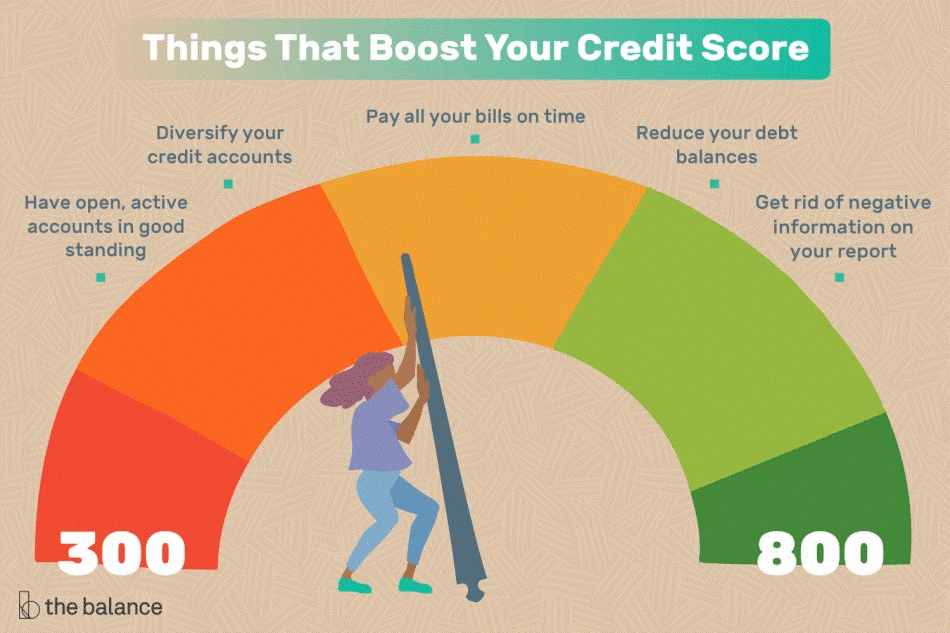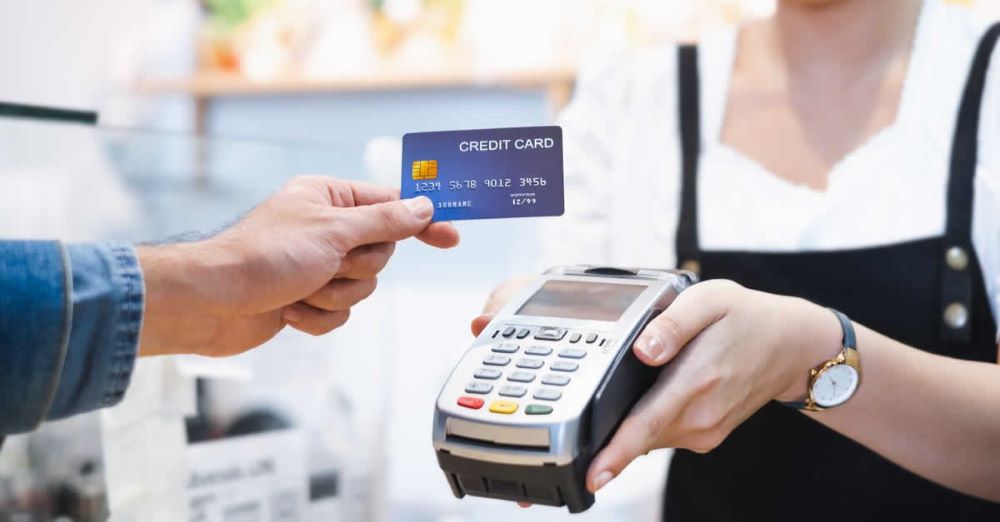Credit cards are a big help if you want to make purchases in the absence of cash. With the right kind of credit card, you can take advantage of unique perks and rewards. However, one of the most important things to keep in mind when using a credit card is its impact on your credit score.
First-timers may not even know it, but your credit score will be a deciding factor for lenders to approve your loan in the future. Owning a credit card is one of the ways to build a credit score. Using credit cards has advantages, but it also has risks to pay attention to.
If your credit card hasn’t been used responsibly, it will not only impact your credit score, but you may have a hard time paying for it, especially as the interest is continuously charged. When signing up for your first credit card, these are things to consider for building credit responsibly.

Tips for First-Time Credit Card Holders
Set a Budget
Before making purchases with a credit card, make sure that you still have extra cash on hand after your monthly spending priorities and savings are totaled. A credit card should never be used to buy purchases you can’t afford. The risks of using a credit card are high when your finances are out of hand.
People tend to spend more when a credit card is used than paying with cash. That is why first-time credit cardholders should set a personal spending limit to avoid overspending.
Keep Track of Your Purchases
Tracking your purchases is not just listing down all the things that were purchased through the credit card. It is also calculating the amount that you can afford to spend.
One way to get a good credit score is to avoid using the credit card until you’ve paid off the existing balance. There are also many helpful apps that you can download to help keep track of your monthly spending.
Also read: These Are the Best Tips to Save Money During the Month
Don’t Max Out Your Credit Limit If Possible
Maxing out your credit card can be tempting. However, doing it as a habit is a big no-no. The amount of credit utilized in a month is another contributor that can affect your credit score. Plus, it doesn’t only hurt your credit card score, but you may have a hard time paying off the balance if you have a large credit limit.
It could be tempting to buy unnecessary things if you have a credit card. However, it is important to only use it on essential items. Throughout the month, you should keep an eye on your spending and make sure that you are not using too much of your credit limit. Ideally, you should stay within 30% of your overall credit limit.

Pay Your Bill in Full Each Month
Credit issuers may only require a minimum payment, which is a percentage of your outstanding balance, but it will cost you more money over time because of the high interest rate. To avoid accruing interest, pay your bill in full each month. Again, it’s easier to pay in full if only use your credit card to buy what you can afford.
Check Your Statement Regularly
Your credit card issuer will send a billing statement each month from the previous billing cycle. The billing statement not only serves as a reminder for you to pay the balance on time, but through this, you’ll be able to see if there are discrepancies in the total amount being billed. If there are discrepancies, you need to contact the bank.
Choose Credit Cards Carefully
For a first-time credit card holder, this is a piece of important credit advice to keep in mind because each credit card varies. Choose a credit card that best matches your needs and financial status. When the right credit card is chosen, there are higher chances that you’ll enjoy more perks.
For example, choose credit cards that count points or miles for every flight if you are into traveling. If you are into shopping, make sure to get a credit card that gives discounts for a shopping spree. There are a lot of credit cards that can match different lifestyles, so shop around for the best option.
Also read: Discover the Top 10 Tips for Financial Success
Conclusion
When utilized correctly, credit cards are a helpful tool that can assist you in managing your finances. First-time credit card holders must be aware of the do’s and don’ts to ensure that it will not affect their credit score. However, good credit card habits, such as paying on time consistently and making wise purchases, can help you build good credit.




